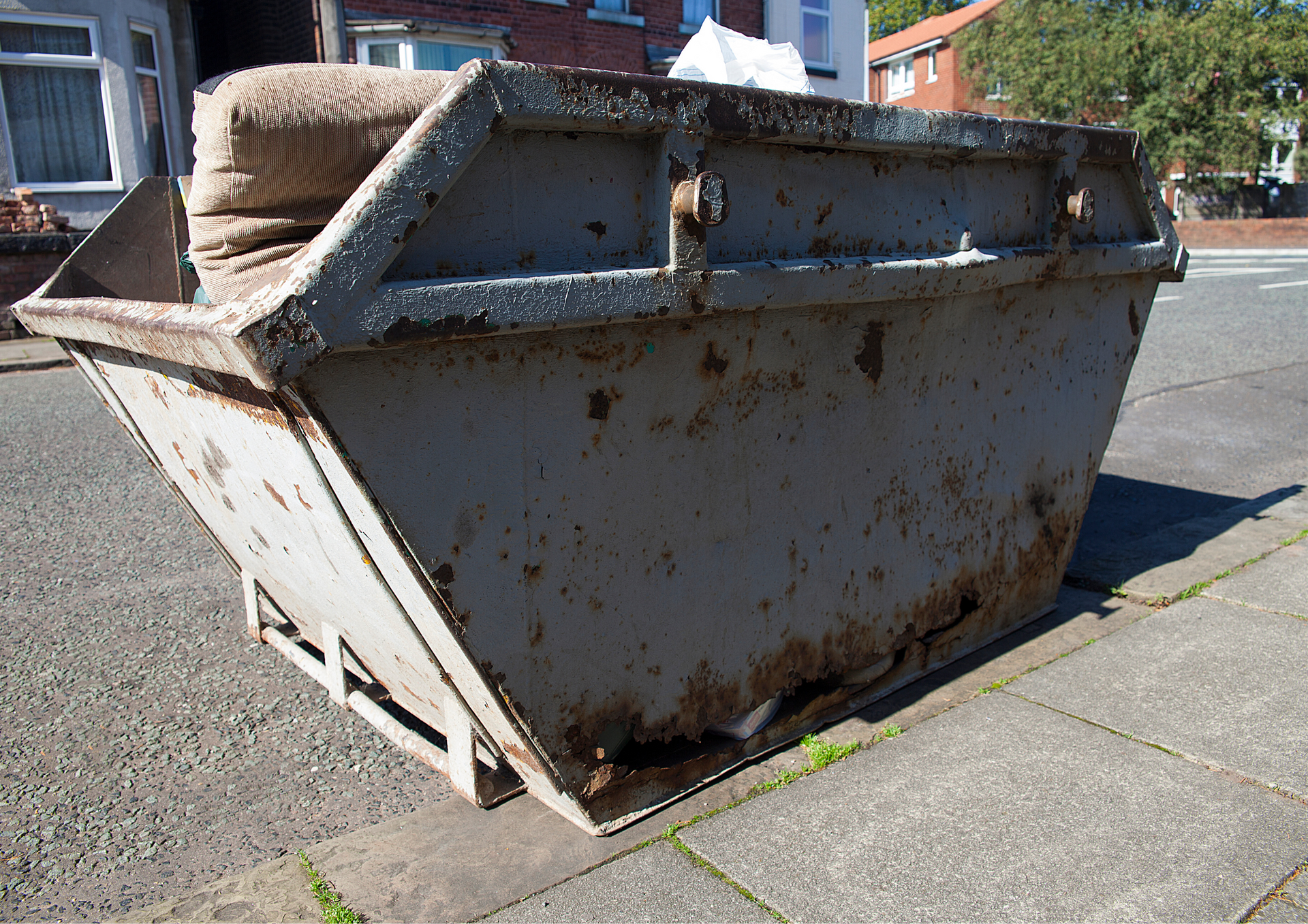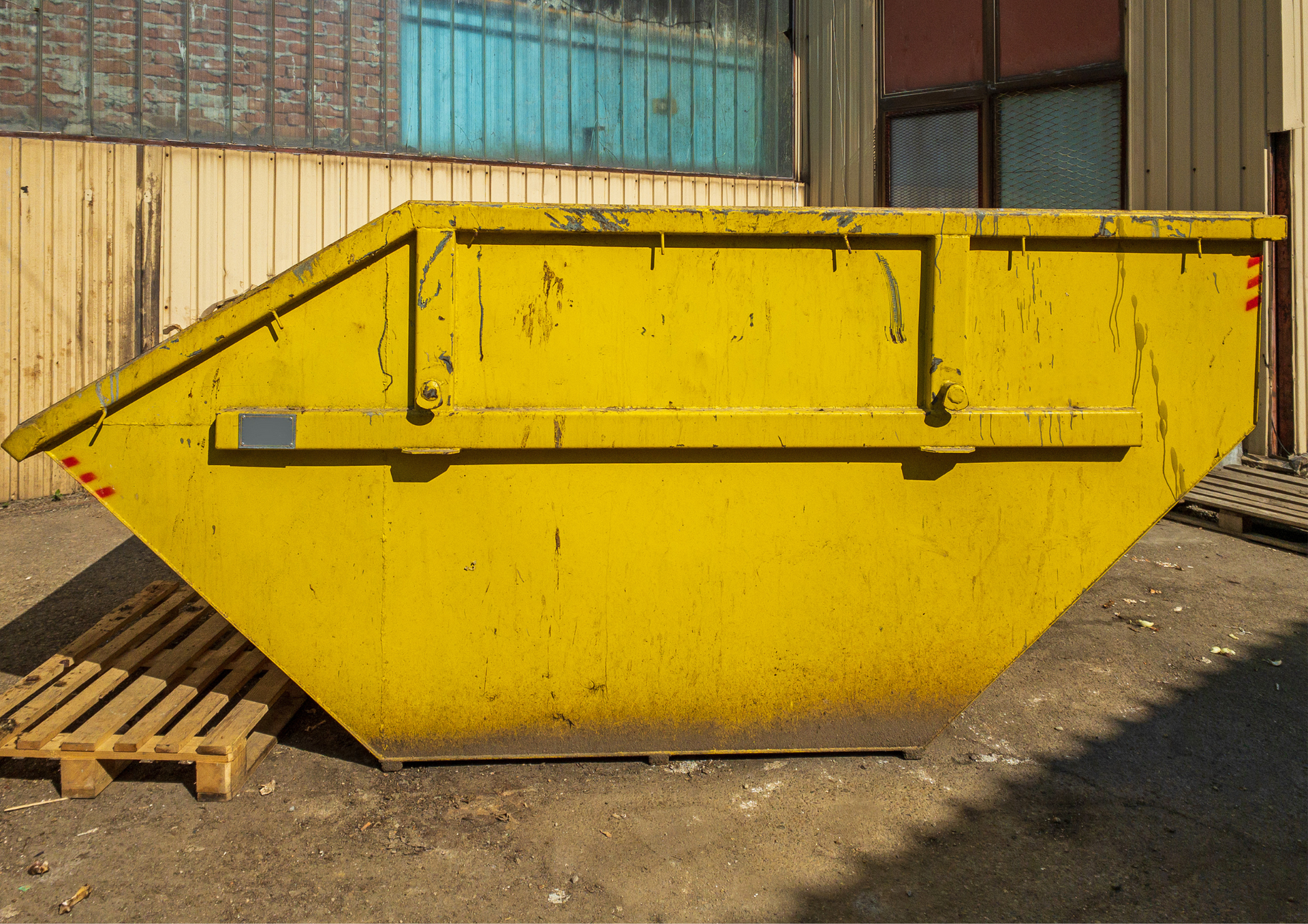Builder’s Skip Hire: Rules, Regulations, and Permits Explained
When it comes to handling large volumes of waste from construction projects, home renovations, office clear-outs, or landscaping jobs, skips are one of the most practical solutions. However, hiring one involves more than just booking a bin and filling it up. Understanding the rules, regulations, and permits associated with skips will save you time, money, and potential legal issues.
This guide breaks down everything you need to know about builder’s skip hire, from size options and pricing to compliance with local council laws.
Understanding Builder’s Skip Hire and When You Need It
Builder’s skip hire is a popular choice across the UK for managing heavy and bulky waste, particularly from building projects. Unlike smaller domestic skips, builder’s skips are designed for high-capacity jobs, making them suitable for construction companies, homeowners renovating kitchens or bathrooms, and even event organisers needing efficient clean-up solutions.
While you might assume hiring a skip is straightforward, there are certain rules about what you can and cannot place inside. Items such as asbestos, electrical appliances, gas cylinders, and hazardous chemicals are strictly prohibited. Failing to follow these regulations may result in penalties or delays in waste collection. Ensuring you work with a trusted skip provider helps guarantee compliance and keeps your project on track.
The Importance of Permits and Legal Regulations
Before hiring a skip, it’s essential to understand the rules around permits to avoid fines and delays. The requirements are straightforward but vary depending on where the skip will be placed.
- Private land – If the skip is placed on your own property, such as a driveway or garden, no permit is required.
- Public roads or pavements – A permit from your local authority is mandatory if the skip is positioned on public land.
- Safety requirements – Skips on public roads must be fitted with reflective panels and safety lights for visibility.
- Permit duration – Typically valid for 1–4 weeks, though this depends on your local council.
- Costs – Fees vary by region, so it’s best to confirm in advance.
- Non-compliance risks – Skipping the permit process could result in fines or the skip being removed.
- Helpful tip – Most professional skip hire companies can arrange permits on your behalf, saving you time and effort.
Choosing the Right Builder’s Skip Size
Selecting the right skip size is vital for efficiency and cost-effectiveness. Ordering a skip that’s too small could mean paying for a second one, while choosing one that’s too large may lead to unnecessary expense. The most commonly used option is the builder’s skip hire, which typically holds around 6 to 8 cubic yards of waste.
When comparing a builder’s skip size to other options, you’ll notice it provides a balance between capacity and practicality. Large enough for heavy materials such as soil, rubble, and bricks, yet manageable for residential driveways, it remains the go-to choice for many types of projects. Businesses conducting office relocations or landscapers clearing outdoor spaces also find this size ideal for mixed waste disposal.
Costs and Factors Affecting Builder’s Skip Hire
The cost of hiring a skip varies depending on location, size, and the length of hire. For instance, skip in busy urban areas may cost more due to higher demand and stricter permit regulations. Additional charges may apply if your waste exceeds the weight limit or contains prohibited items.
When budgeting for your project, it’s helpful to compare a builder’s skip price against other skip types to determine value for money. While a smaller skip may look cheaper initially, it might not provide enough capacity for construction-level waste, leading to repeat hires.
Similarly, businesses and homeowners often ask about builder’s skip cost in advance so they can factor it into overall project expenses without surprises.
If you’re considering larger clear-outs, some companies even offer a builder’s skip hire option with flexible hire periods, ensuring you only pay for what you need.
Hiring a skip is more than just arranging for waste removal—it involves understanding legal requirements, choosing the right size, and budgeting correctly. Whether you’re a homeowner taking on renovations, a business relocating offices, or a contractor overseeing construction, being aware of rules, regulations, and permits ensures a smooth and compliant experience. By planning ahead and working with a reliable provider, you’ll keep your project efficient, safe, and fully within the law.
At
Skip Hire Oxford, we pride ourselves on delivering professional, reliable, and affordable skip services tailored to your needs. Our team ensures all regulations are followed, permits are handled, and your waste is disposed of responsibly. With transparent pricing, a wide range of skip sizes, and flexible hire options, we make waste management hassle-free for homeowners, contractors, businesses, and event organisers alike. Choose us for trustworthy service, expert guidance, and complete peace of mind throughout your project.
New update on X:
Builder’s skip hire – rules, regulations, and permits explained!




